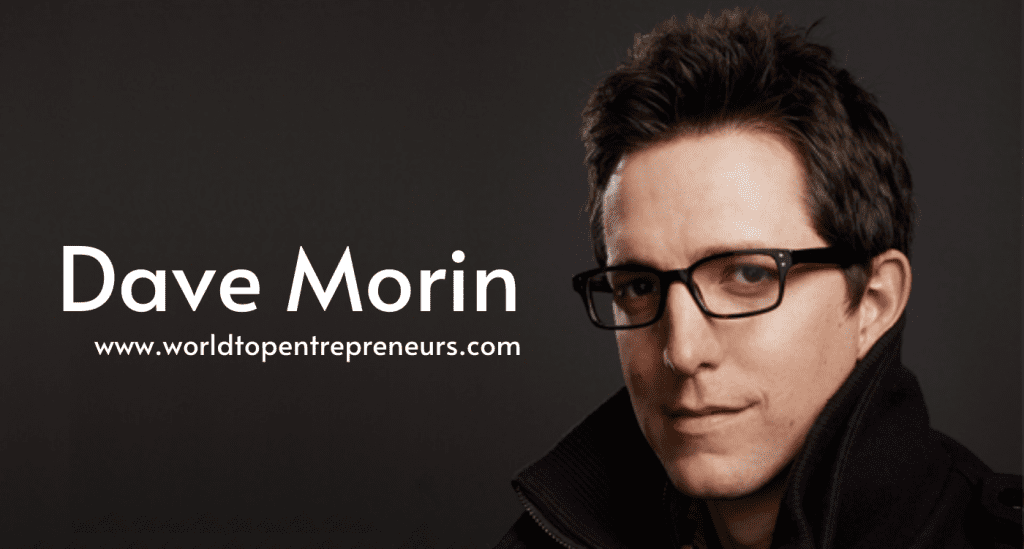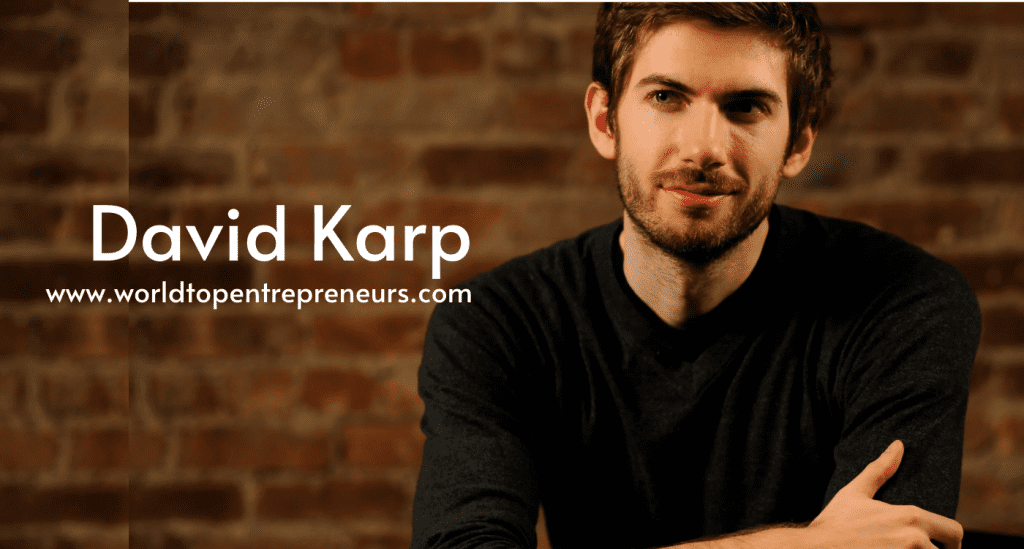In the vast and ever-evolving landscape of technology, few voices have resonated as profoundly as Tristan Harris’s. As a co-founder of the Center for Humane Technology (CHT), Harris has emerged as a pivotal figure in advocating for a more ethical and human-centric approach to technology design. His journey from a Silicon Valley insider to a vocal critic of tech’s impact on society offers valuable insights into the challenges and potential solutions in our digital age.
Early Beginnings and Silicon Valley’s Allure
Tristan Harris’s story begins in the heart of Silicon Valley, a region synonymous with innovation, ambition, and the relentless pursuit of progress. Born in 1983, Harris was a young prodigy whose fascination with technology led him to Stanford University, where he studied Symbolic Systems—a field combining computer science, cognitive psychology, and philosophy. This interdisciplinary approach laid the groundwork for his later work, offering him a nuanced perspective on how technology interacts with human behavior.
Harris’s professional journey began at Google, where he worked as a design ethicist. It was during his time at Google that Harris first confronted the darker side of tech’s impact on society. Despite the company’s mission to “organize the world’s information,” Harris observed how design choices and algorithms could subtly manipulate user behavior, prioritize engagement over well-being, and contribute to a culture of constant distraction.
The Birth of the Center for Humane Technology
Disillusioned by his experiences in the tech industry, Harris left Google and co-founded the Center for Humane Technology in 2018. The organization’s mission is to reshape the tech industry by advocating for design principles that prioritize human well-being, foster positive social interactions, and promote ethical practices. The CHT seeks to address the profound challenges posed by digital technologies, including issues related to privacy, mental health, and democratic integrity.
At its core, the Center for Humane Technology is driven by the belief that technology should serve humanity, not the other way around. Harris and his colleagues aim to shift the focus from maximizing user engagement—a concept that has often led to exploitative practices—to creating tools and platforms that genuinely enhance people’s lives.
The Techlash and the Role of Persuasion
Harris’s work is part of a broader “techlash,” a term used to describe growing criticism of the tech industry and its impact on society. This backlash has been fueled by a series of high-profile scandals, including data breaches, misinformation campaigns, and the spread of harmful content. In this context, Harris has emerged as a leading advocate for reform, urging technologists, policymakers, and the public to reconsider how digital tools are designed and deployed.
One of the key concepts Harris emphasizes is “persuasive technology.” This term refers to design techniques that manipulate users into behaving in certain ways, often by exploiting psychological vulnerabilities. For instance, features like infinite scrolling, push notifications, and personalized recommendations are designed to keep users engaged for as long as possible. While these techniques can enhance user experience, they also have the potential to create addictive patterns of behavior and exacerbate mental health issues.
Harris’s critique of persuasive technology is not just theoretical; it is rooted in empirical research and personal experience. He has spoken extensively about how these design elements can lead to unhealthy technology use, including increased anxiety, depression, and social isolation. His advocacy for a more humane approach to tech design is grounded in a deep understanding of both the technical and psychological aspects of user interaction.
The Ethics of Attention Economy
Central to Harris’s critique is the concept of the “attention economy.” In this model, user attention is treated as a valuable commodity, with tech companies competing to capture and retain it. This economic framework has led to the development of platforms and services that prioritize engagement metrics over user well-being. Harris argues that this focus on attention can result in negative societal outcomes, such as the spread of misinformation, the erosion of privacy, and the amplification of divisive content.
The attention economy has created a paradox: while technology has the potential to connect people and provide valuable information, it can also contribute to social fragmentation and the erosion of trust. Harris’s work highlights the need for a shift in priorities, advocating for a model that values user welfare over profit margins. This perspective challenges the prevailing assumptions of the tech industry and calls for a fundamental rethinking of how digital platforms are designed and operated.
Design Principles for a Humane Future
In his efforts to promote a more humane approach to technology, Harris has proposed several design principles aimed at addressing the issues associated with persuasive technology and the attention economy. These principles include:
Transparency: Users should be informed about how their data is used and how design choices impact their behavior. Transparency fosters trust and allows individuals to make more informed decisions about their technology use.
User Agency: Technology should empower users, not manipulate them. Design choices should support users in achieving their goals and maintaining control over their digital experiences.
Well-Being: Tech products should be designed with user well-being in mind, prioritizing features that promote healthy usage patterns and mitigate potential harms.
Ethical Design: Designers and technologists should consider the ethical implications of their work, including how their designs may affect individuals and society as a whole.
These principles represent a departure from the current norms of the tech industry, which often prioritize growth and engagement over ethical considerations. Harris’s advocacy for these principles reflects his commitment to creating a digital landscape that aligns with human values and supports positive outcomes for individuals and communities.
Impact and Influence
Tristan Harris’s impact extends beyond his work with the Center for Humane Technology. He has become a prominent public figure, speaking at conferences, participating in documentaries, and engaging with policymakers and industry leaders. His TED Talk, “How a Handful of Tech Companies Control Billions of Minds Every Day,” has garnered millions of views and brought widespread attention to the issues he addresses.
Harris’s influence is also evident in the broader movement for tech reform. His ideas have inspired a growing number of advocates, researchers, and practitioners who are working to address the challenges posed by persuasive technology and the attention economy. By raising awareness and fostering dialogue, Harris has contributed to a larger conversation about the ethical implications of digital technology and the need for change.
Challenges and Criticisms
Despite his significant contributions, Harris’s work has not been without challenges and criticisms. Some critics argue that his focus on design ethics may overlook structural and systemic issues within the tech industry. For example, questions have been raised about the role of market forces, regulatory frameworks, and corporate culture in shaping tech practices.
Moreover, the feasibility of implementing humane design principles on a large scale remains a subject of debate. Critics argue that companies may be reluctant to adopt these principles if they perceive them as conflicting with their business models or competitive advantages. Additionally, there is ongoing debate about the extent to which individual responsibility versus systemic change should drive tech reform.
Harris acknowledges these challenges and continues to advocate for a multi-faceted approach to addressing the issues at hand. He emphasizes the importance of collaboration between technologists, policymakers, and civil society in creating a more ethical and human-centered digital future.
The Road Ahead
As we look to the future, the questions raised by Tristan Harris and the Center for Humane Technology will continue to be relevant and pressing. The rapid pace of technological advancement presents both opportunities and challenges, and the need for ethical considerations and humane design principles remains as urgent as ever.
Harris’s vision for a more humane technology landscape involves not just incremental changes, but a fundamental shift in how we think about and engage with digital tools. It calls for a reimagining of the tech industry, where the well-being of individuals and society takes precedence over short-term gains and superficial metrics.
In the coming years, the success of Harris’s efforts will depend on the collective actions of technologists, policymakers, and the public. It will require a commitment to ethical practices, a willingness to question established norms, and a dedication to creating technology that truly serves humanity.
Tristan Harris’s journey from a Silicon Valley insider to a leading advocate for tech reform is a testament to the power of conviction and the potential for change. His work challenges us to reconsider our relationship with technology and to envision a future where digital tools enhance our lives without undermining our well-being. As we navigate the complexities of the digital age, Harris’s vision offers a beacon of hope and a reminder of the importance of putting humanity at the center of technological innovation.





















